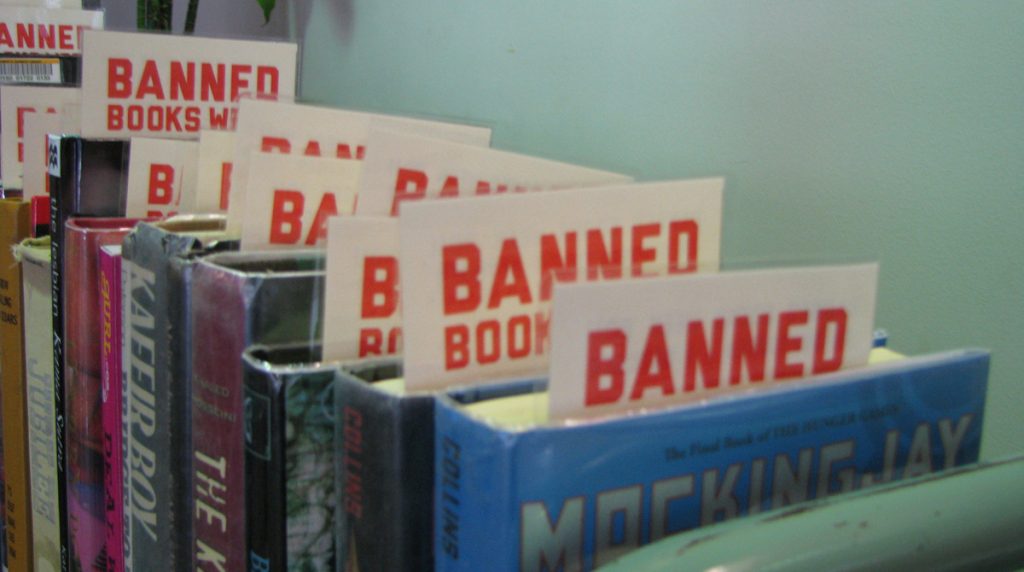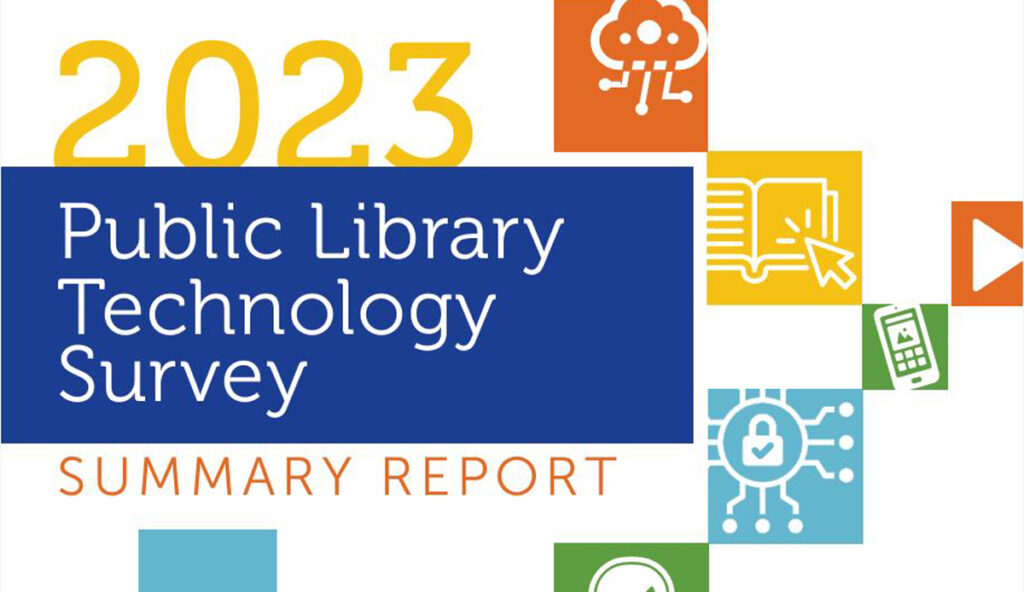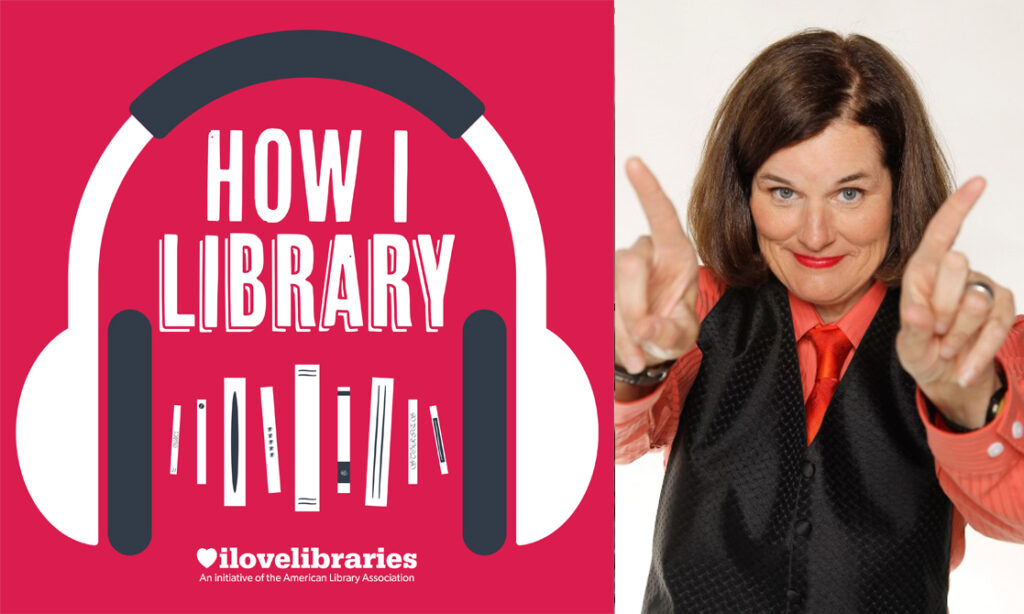Book challenges and book banning are increasing in libraries and schools throughout the United States. To help spread the word about these activities and efforts to combat them by librarians, parents, students, politicians, and concerned citizens, I Love Libraries will highlight several stories each week on the current crisis. This roundup includes news from Utah, Texas, and Florida, and thoughts on book banning from author Amanda Oliver. Please share widely.
Utah reports “huge uptick” in book challenges
Last fall, nine titles were removed from the libraries of four high schools in Utah’s Canyons School District. And some public libraries in Utah have also noticed an increase in book challenges-requests to have books pulled or moved to different sections in the library, reports KLS News.
Wanda Mae Huffaker, a librarian at Salt Lake County Library, is in charge of the library’s committee that oversees reconsideration requests. The library received 11 requests in 2021, a “huge uptick” from the previous maximum of around three to five annually, according to Huffaker. Most of the books were challenged “for depictions of sex and/or the body,” Huffaker said, but many of the books also feature LGBTQ characters, such as Gender Queer, Lawn Boy, and Flamer. Two Pride displays were also challenged.
North Texas superintendent orders books about transgender people removed from schools
In January, Granbury Independent School District in North Texas, Texas, embarked on one of the largest book removals in the country, pulling about 130 titles from library shelves for review, reports ProPublica and The Texas Tribune. Nearly three-quarters of the removed books featured LGBTQ characters or themes. Others dealt with racism, sex ed, abortion and women’s rights. Two months later, a volunteer review committee voted to permanently ban three of the books and return the others to shelves.
The removal process began after district superintendent Jeremy Glenn told a gathering of librarians in a January 10 meeting: “I don’t want a kid picking up a book, whether it’s about homosexuality or heterosexuality, and reading about how to hook up sexually in our libraries.”
Book bans and the threat of censorship rev up political activism in the suburbs
NPR reports on the rise in political action by parents concerned about books being removed from their children’s school libraries. One mother, Stephana Ferrell from Orange County, Florida, began organizing parents all around Florida in late 2021 to oppose calls to ban books that some conservatives have deemed too “divisive” or “pornographic” to be in schools and curricula.
In late January, Ferrell joined more than 200 parents from around the country in a virtual meeting to organize against book bans. The session was the inaugural training of a national campaign called “Book Ban Busters,” organized by a grassroots network called “Red Wine & Blue.” With the tagline of “Channeling the Power of Suburban Women,” the group was founded to activate primarily left-leaning moms around local and school issues.
New Florida law will result in book banning, say free speech advocates
Parents of Florida public elementary school students now have the right to request that a book be banned from the school library or a textbook be banned from the classroom, reports Patch.
On Friday, March 25, Florida Governor Ron DeSantis signed House Bill 1467, which requires school districts to give parents a say in the selection of instructional materials, including library books and textbooks. The bill requires school districts to have procedures in place that allow parents to review all books in the school library, all required classroom book lists, all textbooks and any other instructional materials a teacher intends to use. Parents can then file an objection with Florida’s Department of Education.
Free speech advocates fear the bill could lead to a challenge on books that tell the stories of racial minorities, Holocaust survivors, and those who are LGBTQ, and would give the Florida Department of Education the right to essentially censor materials it deems “inappropriate.”
An overdue conversation
“I can’t name a single librarian who’s okay with book banning. If you’re going to become a librarian, it’s in your nature to be against that,” Amanda Oliver, former librarian and author of Overdue: Reckoning With the Public Library, tells Esquire. In the wide-ranging and fascinating conversation, Oliver discusses her book and challenges facing libraries today, from book bans to accusations that libraries may become obsolete.
“I had a classroom teacher send a fourth grader back to the library, after she’d taken out a biography of Hitler,” Oliver says. “The classroom teacher said, ‘I don’t think this is appropriate for a fourth grader.’ I had to have a conversation with her to say, ‘It’s an appropriate reading level. It’s included in this collection, and I’ve taken great care of curating what’s in the collection. What this student wants to read is ultimately up to her, and if her parents want to speak with me about it, then I’m happy to speak with them.’ I think a lot of librarians are having these conversations as they arise and being advocates on the fly.”
Take action
Alarmed by the escalating attempts to censor books? Here are four steps you can take now to protect the freedom to read.
1. Follow news and social media in your community and state to keep apprised of organizations working to censor library or school materials.
2. Show up for library colleagues at school or library board meetings and speak as a library advocate and community stakeholder who supports a parent’s right to restrict reading materials for their own child but not for all readers.
3. Help provide a safety net for library professionals as they work to navigate the intellectual freedom needs of their communities by giving to the LeRoy C. Merritt Humanitarian Fund.
4. Educate friends, neighbors, and family members about censorship and how it harms communities. Share information from Banned Books Week 2021.
ALA offers direct assistance as well as an array of resources to assist library workers and library advocates in responding to and supporting others facing such challenges. If you’re experiencing a book challenge, please report it to ALA’s Office for Intellectual Freedom and let them know if you need assistance.



